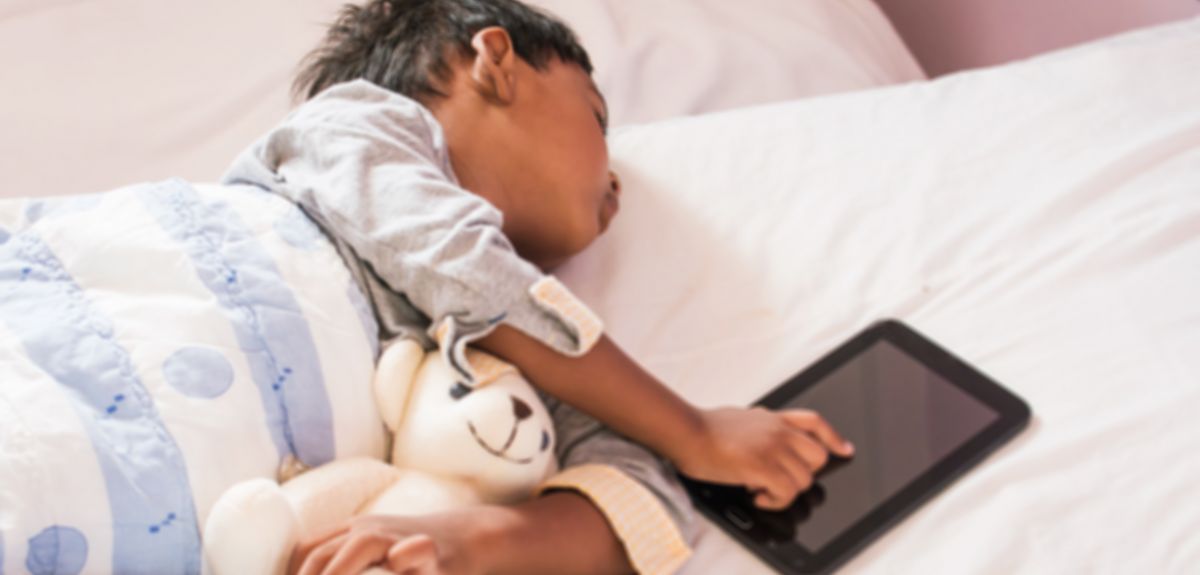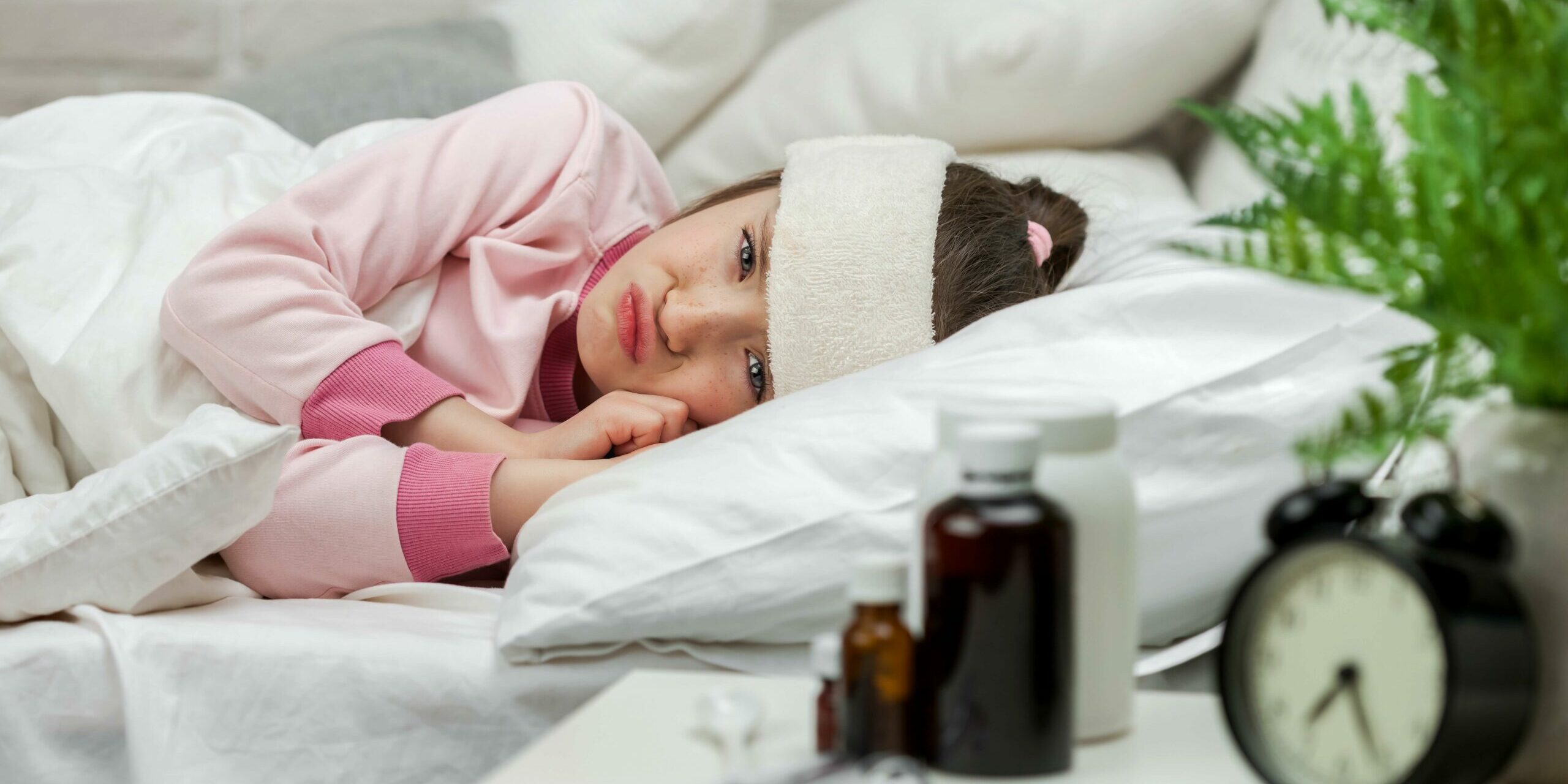Top 10 Effects of Tech on Kids Sleep Patterns
Excessive screen time before bed greatly impacts your kids’ sleep patterns. It disrupts their sleep quality and can have long-term effects on their well-being. Blue light from screens interferes with melatonin production, delaying their bedtime. Set tech boundaries; designate no-tech zones to reduce interference. Establish a calming, tech-free bedtime routine for better sleep. Screens interfere with the natural sleep cycle, blocking melatonin. Poor sleep quality can leave kids groggy and affect their well-being. Help them wind down with activities like reading. Remember, a consistent bedtime routine is vital for healthy sleep patterns.
Key Takeaways
- Excessive screen time disrupts children’s sleep patterns.
- Blue light from screens affects melatonin production, impacting sleep.
- Tech distractions before bed lead to reduced sleep duration.
- Poor sleep quality from screen time affects cognitive function.
- Setting limits on screen time and promoting bedtime routines help improve children’s sleep.
Screen Time Impact
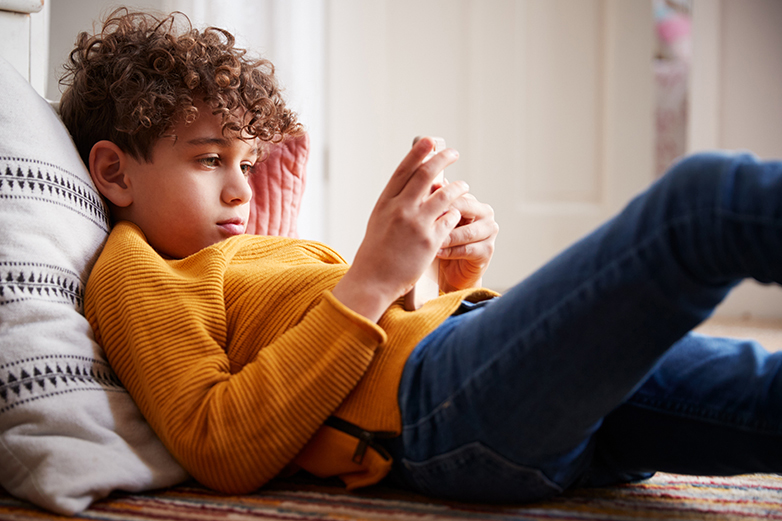
Excessive screen time before bed can disrupt your child’s sleep patterns, impacting their overall quality of rest and well-being. As a parent, your involvement is vital in helping your child develop healthy sleep habits. Limiting screen time before bedtime can greatly improve your child’s ability to fall asleep and stay asleep throughout the night.
To minimize the negative effects of screen time on your child’s sleep, consider implementing healthy alternatives. Encourage activities that promote relaxation and winding down before bedtime, such as reading a book, listening to calming music, or engaging in gentle stretching exercises.
These alternatives can signal to your child’s brain that it’s time to sleep, making it easier for them to shift into a restful state.
Blue Light Disruption
Limiting exposure to blue light from screens before bedtime can help minimize disruptions to your child’s sleep patterns. Blue light, emitted by electronic devices such as smartphones, tablets, and computers, can interfere with the production of the sleep hormone melatonin, making it harder for your child to fall asleep. To counteract this effect, consider using blue light filters on your child’s devices or encouraging them to wear blue light blocking glasses in the evening.
Incorporating good sleep hygiene practices is essential in creating a conducive sleep environment for your child. Establish a technology-free bedtime routine that includes calming activities such as reading a book or taking a warm bath. Encourage your child to power down electronic devices at least an hour before bedtime to signal to their brain that it’s time to wind down.
Digital Distractions Effect
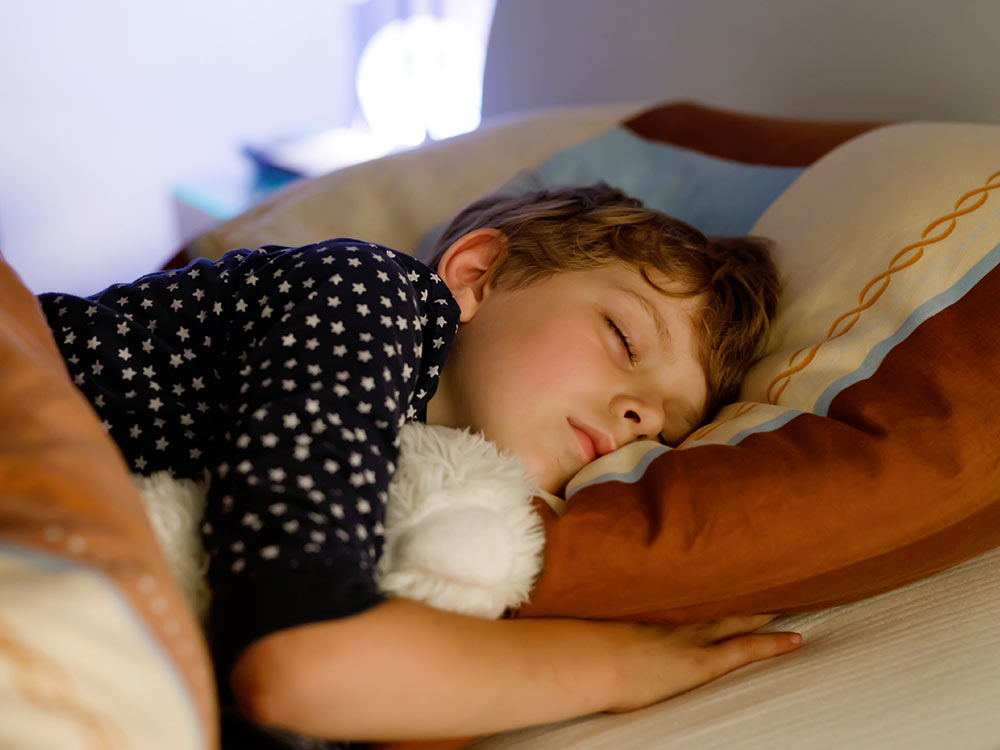
To maintain healthy sleep patterns for your child, managing the impact of digital distractions is vital. Tech boundaries play an important role in ensuring that your child’s exposure to screens is controlled, especially close to bedtime. Setting clear limits on screen time and designating tech-free zones in the house can help reduce the interference of digital devices with your child’s sleep routine.
Parental involvement is key in addressing the digital distractions effect on your child’s sleep. By actively monitoring and regulating your child’s use of technology, you can help them establish a healthy balance between screen time and rest. Encouraging alternative activities before bedtime, such as reading a book or engaging in calming routines, can also contribute to better sleep quality.
Sleep Cycle Disruption
Consistently using screens before bed can disrupt your child’s natural sleep cycle, making it harder for them to fall asleep and stay asleep throughout the night. This disruption occurs due to the exposure to blue light emitted by electronic devices, which can interfere with the production of melatonin, the hormone responsible for regulating sleep-wake cycles.
Maintaining good sleep hygiene practices is essential to mitigate the negative impact of electronic devices on your child’s sleep patterns.
To promote healthy sleep hygiene, encourage your child to establish a bedtime routine that doesn’t involve screens at least an hour before going to sleep. Instead, opt for calming activities such as reading a book or listening to soft music.
Creating a sleep-conducive environment, free from electronic distractions, can help signal to your child’s brain that it’s time to wind down and prepare for rest.
Melatonin Suppression
Exposure to blue light emitted by electronic devices before bedtime can suppress your child’s production of melatonin, the hormone essential for regulating their sleep-wake cycles. Melatonin plays an important role in hormone regulation, signaling to the body when it’s time to sleep and wake up. When the production of melatonin is disrupted, it can lead to difficulties falling asleep and maintaining a healthy sleep pattern.
The circadian rhythm, often referred to as the body’s internal clock, is closely tied to melatonin production. Blue light, prevalent in screens like tablets and smartphones, tricks the brain into thinking it’s still daytime, inhibiting melatonin release. This disruption can shift your child’s sleep schedule, making it harder for them to wind down at night.
To mitigate the impact of melatonin suppression caused by tech devices, consider implementing a tech curfew before bedtime. Encouraging your child to engage in calming activities like reading a book or listening to soft music can help signal to their body that it’s time to prepare for sleep.
Increased Insomnia Risk
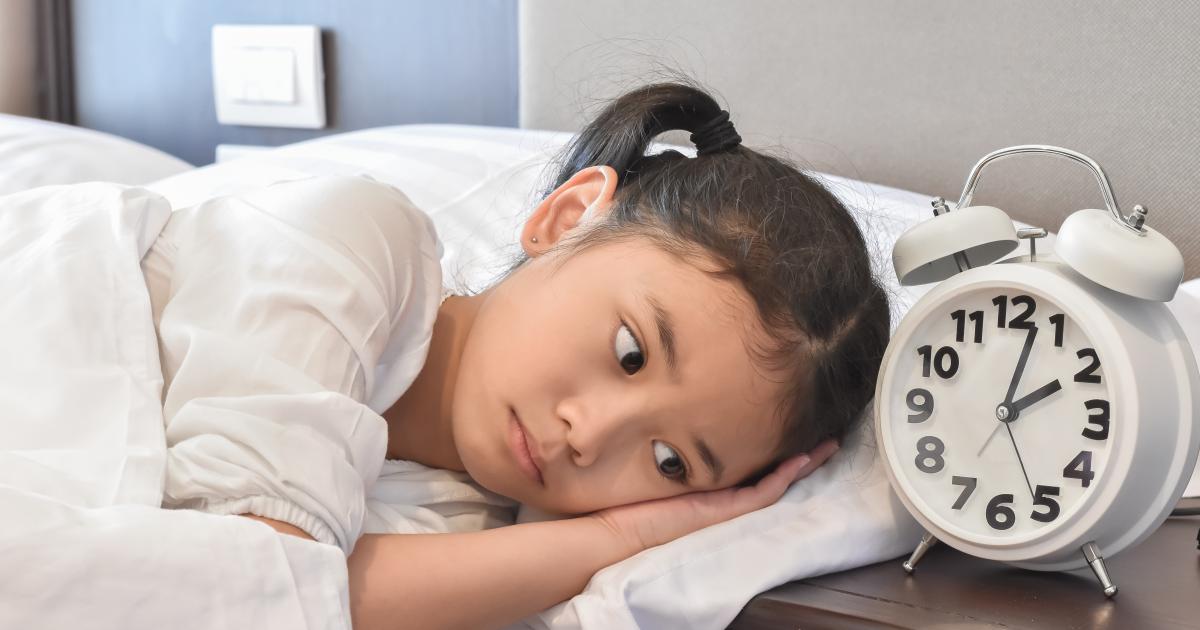
Excessive screen time before bedtime can disrupt your body’s natural sleep-wake cycle, potentially leading to an increased risk of insomnia in children.
Research shows that the blue light emitted by screens can interfere with the production of melatonin, the hormone responsible for regulating sleep.
Insomnia Prevalence in Children
Children today face an increased risk of insomnia due to the prevalence of technology use in their daily lives. The impact of excessive screen time and disrupted sleep hygiene has led to a rise in sleep disorders among the younger population.
Insomnia, characterized by difficulty falling asleep or staying asleep, can have significant effects on a child’s overall well-being and development. Sleep hygiene, which refers to the habits and practices that promote sound sleep, is vital in preventing insomnia.
However, the allure of technology often disrupts these essential routines. Exposure to screens before bedtime can interfere with the body’s natural sleep-wake cycle, making it harder for children to unwind and fall asleep.
Various sleep disorders, including insomnia, have become more prevalent in children as screen time has become increasingly ingrained in their daily routines. It’s essential for parents and caregivers to be mindful of the impact of technology on children’s sleep patterns and to prioritize creating a conducive sleep environment to mitigate the risk of insomnia.
Impact of Screen Time
With the ubiquity of screens in modern society, the impact of increased screen time on kids’ sleep patterns is a growing concern among health professionals and parents alike. Screen addiction, which often leads to excessive screen time, can disrupt children’s sleep patterns greatly.
The blue light emitted by screens can suppress the production of melatonin, the hormone that regulates sleep, making it harder for kids to fall asleep. Additionally, engaging with stimulating content on screens can increase alertness and make it challenging for children to wind down before bedtime.
To combat the negative effects of screen time on sleep, it’s essential to focus on improving sleep hygiene. Establishing a bedtime routine that doesn’t involve screens and creating a tech-free zone in the bedroom can help signal to the body that it’s time to sleep. Encouraging activities like reading a book or practicing relaxation techniques before bed can also promote better sleep quality.
Delayed Bedtime Effects
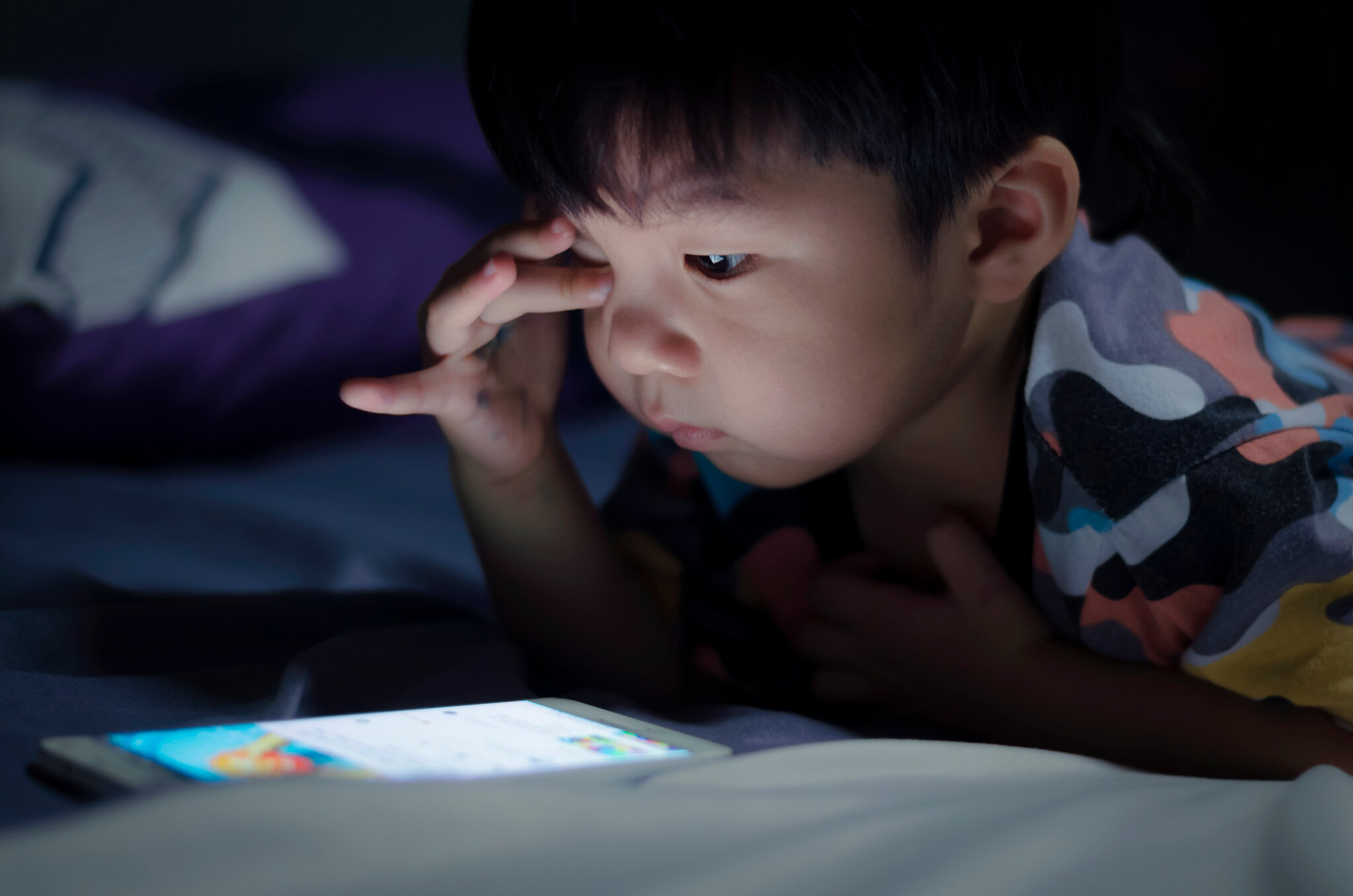
Using screens close to bedtime can delay your body’s internal clock, making it harder for you to fall asleep.
The blue light emitted by devices like phones and tablets can disrupt your natural sleep-wake cycle, leading to difficulties in getting a good night’s rest.
Limiting screen time before bed can help reduce these risks and improve your overall sleep quality.
Bedtime Screen Exposure
Excessive exposure to screens before bedtime can disrupt your sleep patterns, leading to delayed bedtime effects that may impact your overall well-being. Maintaining good sleep hygiene is important for children, and bedtime screen exposure can interfere with this. The blue light emitted by screens suppresses the production of melatonin, the hormone responsible for regulating sleep-wake cycles, making it harder for kids to fall asleep.
Parental guidance plays an important role in managing bedtime screen exposure. Setting limits on screen time before bed and creating a calming bedtime routine can help children wind down and prepare for sleep. Encouraging activities that promote relaxation, such as reading a book or listening to soothing music, instead of engaging with stimulating screens, is necessary.
Sleep Disruption Risks
Limiting screen exposure before bedtime can help reduce the risk of sleep disruptions in children, ensuring a more restful night’s sleep. Technology addiction among kids can lead to prolonged screen time before bed, which can interfere with their natural sleep-wake cycle. The blue light emitted by screens suppresses the production of melatonin, the hormone responsible for regulating sleep. This suppression can delay the onset of sleep and reduce the overall quality of rest.
Establishing good sleep hygiene habits is crucial in combating sleep disruptions caused by excessive screen time. Encourage your child to have a consistent bedtime routine that doesn’t involve screens at least an hour before bed. Provide alternative activities like reading a book or listening to calming music to help them unwind before sleep.
Creating a tech-free zone in the bedroom can also help signal to the brain that it’s time to wind down and prepare for rest. By prioritizing sleep hygiene and reducing screen exposure before bedtime, you can help your child achieve a more peaceful and rejuvenating night’s sleep.
Reduced Sleep Duration
Tech usage before bedtime often leads to reduced sleep duration in children, impacting their overall well-being. The blue light emitted by screens can interfere with the production of melatonin, the hormone responsible for regulating sleep-wake cycles. Engaging with stimulating content on devices can also make it harder for kids to wind down and fall asleep.
This disruption of sleep hygiene due to technology use can result in children getting less sleep than they need, leading to a host of negative consequences.
Reduced sleep duration in children can have far-reaching effects on their health and development. Lack of adequate sleep is associated with issues such as poor academic performance, mood swings, irritability, and difficulty concentrating. Additionally, inadequate sleep has been linked to an increased risk of obesity, weakened immune function, and behavioral problems.
As a parent, it’s important to establish clear boundaries around technology use before bedtime to make sure that your child gets the restful sleep they need for optimal growth and well-being.
Poor Sleep Quality
Excessive screen time before bed can impact your sleep quality by disrupting your natural sleep-wake cycle.
The blue light emitted by screens can suppress melatonin production, making it harder for you to fall asleep.
This disruption can lead to poor sleep quality, leaving you feeling groggy and fatigued the next day.
Screen Time Impact
In today’s digital age, it’s vital to take into account the impact of screen time on kids’ sleep hygiene. The blue light emitted by screens can interfere with the production of melatonin, the hormone responsible for regulating sleep-wake cycles. This disruption can make it harder for children to fall asleep and result in fragmented and restless sleep.
Parental control plays a significant role in managing screen time and promoting better sleep habits. Setting limits on screen time, especially before bedtime, can help children wind down and prepare their bodies for sleep. Encouraging alternative activities like reading a book or listening to calming music can also improve sleep quality.
Sleep Disruption Causes
The disruption of melatonin production due to exposure to screens before bedtime can greatly contribute to poor sleep quality in children. Melatonin, the hormone responsible for regulating sleep-wake cycles, is negatively affected by the blue light emitted from screens, tricking the brain into thinking it’s daytime and delaying the onset of sleep.
This disturbance to the body’s natural circadian rhythm can result in difficulties falling asleep and decreased overall sleep duration. To combat this issue, establishing good sleep hygiene habits is essential. Encouraging a bedtime routine that includes turning off screens at least an hour before bed, dimming lights, and engaging in calming activities can help signal to the body that it’s time to wind down and prepare for sleep.
Additionally, parental intervention plays a vital role in promoting healthy sleep patterns in children. Parents should set limits on screen time, create tech-free zones in the bedroom, and model good sleep behaviors themselves to reinforce the importance of prioritizing rest.
Sleep Pattern Instability
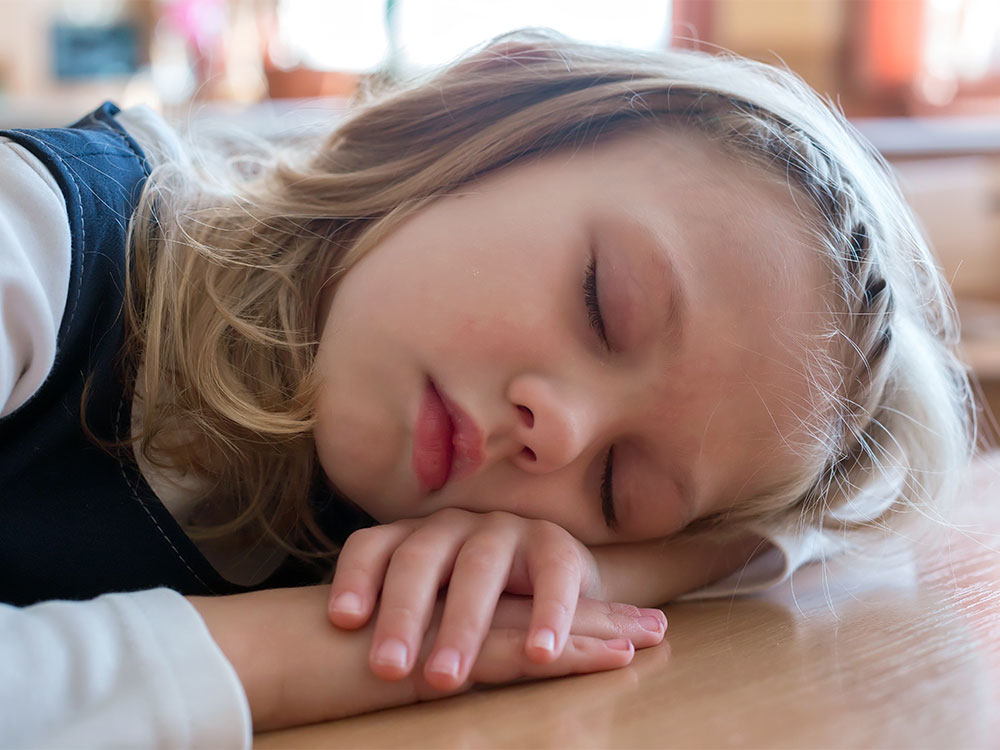
Sleep pattern instability can greatly impact a child’s overall well-being and cognitive function. Establishing a consistent bedtime routine with parental involvement is vital in promoting healthy sleep patterns. Parents play a significant role in ensuring that children have a conducive bedroom environment and follow good sleep hygiene practices.
When a child’s sleep patterns are unstable, it can lead to difficulties in falling asleep, staying asleep, and experiencing restorative sleep stages. This can result in daytime sleepiness, irritability, and challenges in concentration and memory retention. Poor sleep patterns have been linked to increased risk of obesity, mental health issues, and decreased academic performance in children.
To address sleep pattern instability, it’s essential for parents to prioritize creating a calming bedtime routine, optimizing the bedroom environment for sleep, and promoting healthy sleep habits. By fostering consistency and providing a relaxing sleep environment, parents can greatly improve their child’s sleep patterns, overall well-being, and cognitive abilities.
Frequently Asked Questions
Can Tech Use Affect Children’s Dreams or Nightmares?
Using tech before bed can affect dreams. Screen exposure can alter dream content and increase nightmares. Limit nighttime screen time to improve sleep quality. Establish calming bedtime routines to promote better sleep and dream experiences.
Does Tech Exposure at an Early Age Affect Future Sleep Habits?
Exposure to tech at a young age can impact your future sleep habits and cognitive development. Limit screen time before bed, establish a calming bedtime routine. Prioritize quality sleep for overall well-being and health.
How Does Tech Use Impact Children’s Ability to Nap?
To improve napping, establish tech-free bedtime routines. Limiting blue light exposure before naps helps regulate your body’s internal clock for better sleep. Consistent habits signal to your brain it’s time to rest.
Can Tech Addiction Lead to Sleepwalking in Kids?
Excessive technology use can indeed trigger sleepwalking in kids. To help prevent this, consider setting screen time limits. It’s important to prioritize healthy sleep habits and make sure that technology addiction doesn’t disrupt your child’s rest.
Does Tech Usage Affect the Quality of Children’s Deep Sleep?
Screen time before bed disrupts children’s circadian rhythms by exposing them to blue light, which hinders melatonin production essential for deep sleep. Limiting tech usage before bedtime can help improve the quality of your child’s rest.
Conclusion
Overall, the effects of technology on kids’ sleep patterns are undeniable. From screen time impact to blue light disruption, it’s clear that digital distractions can greatly impact sleep quality and duration.
It’s important for parents and caregivers to be aware of these effects and take steps to limit technology use before bedtime. By prioritizing healthy sleep habits and creating a tech-free bedtime routine, you can help guarantee that your child gets the restful sleep they need to thrive.

Chad Adan Kace, a young dad from Vermont, shares his parenting journey with a touch of humor and lots of love. Father to a lively baby, he explores the joys and challenges of fatherhood through his stories.

